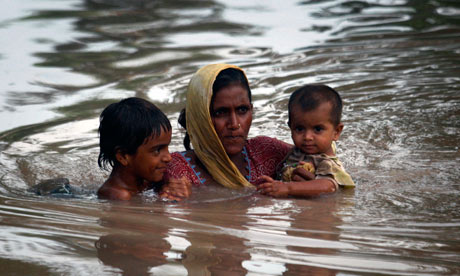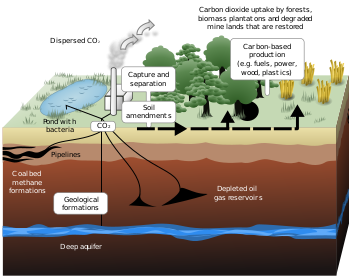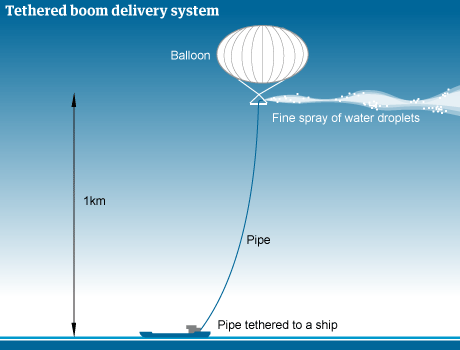World hunger is one issue that the planet faces which has come to completely baffle me. How is it that, while we live in a society our population can't seem to stay away from excess calories, there are still countless individuals who are unaware of from where their next meal will come? Sure, there is a large amount of aid from the U.S. and other countries, but, when their is still widespread famine and starvation in the world with plenty of food to feed everyone if it was evenly distributed, there seems to be a large problem. Pedro Sanchez has examined this issue, and has some answers.
The general means by which the U.S. provides food aid is to buy the food, ship it to a country, and then distribute it. This, as Sanchez points out, is highly not only highly inefficient, but does nothing to help a local economy aside from briefly sustaining its constituents. Sanchez illuminates that the average cost of buying, shipping, and distributing a tonne of maize in an African country is $812. This is, compared to other methods of food distribution, grossly inefficient. Two other options present much more effective means of change. The first option is to buy the maize locally and distribute it to locations where it is most needed. For this option, a tonne of maize will cost around $320, less than half of the normal cost. Furthermore, to truly maximize the impact of our aid, a third option is available. This option entails providing the support and resources (seed, fertilizer) to produce a tonne of maize. This would cost $135.
It is obvious that there are better ways of maximizing every dollar we spend, and much of the theory backing this approach is entailed in the adage "give a man a fish, feed him for a day; teach a man to fish, feed him for a lifetime." It is long overdue for our approach to shift away from the band-aid of providing food in the short-term to an approach that emphasizes agricultural development. It is only when these changes are made that we will finally be able to make strides toward a universally well-fed world.


























